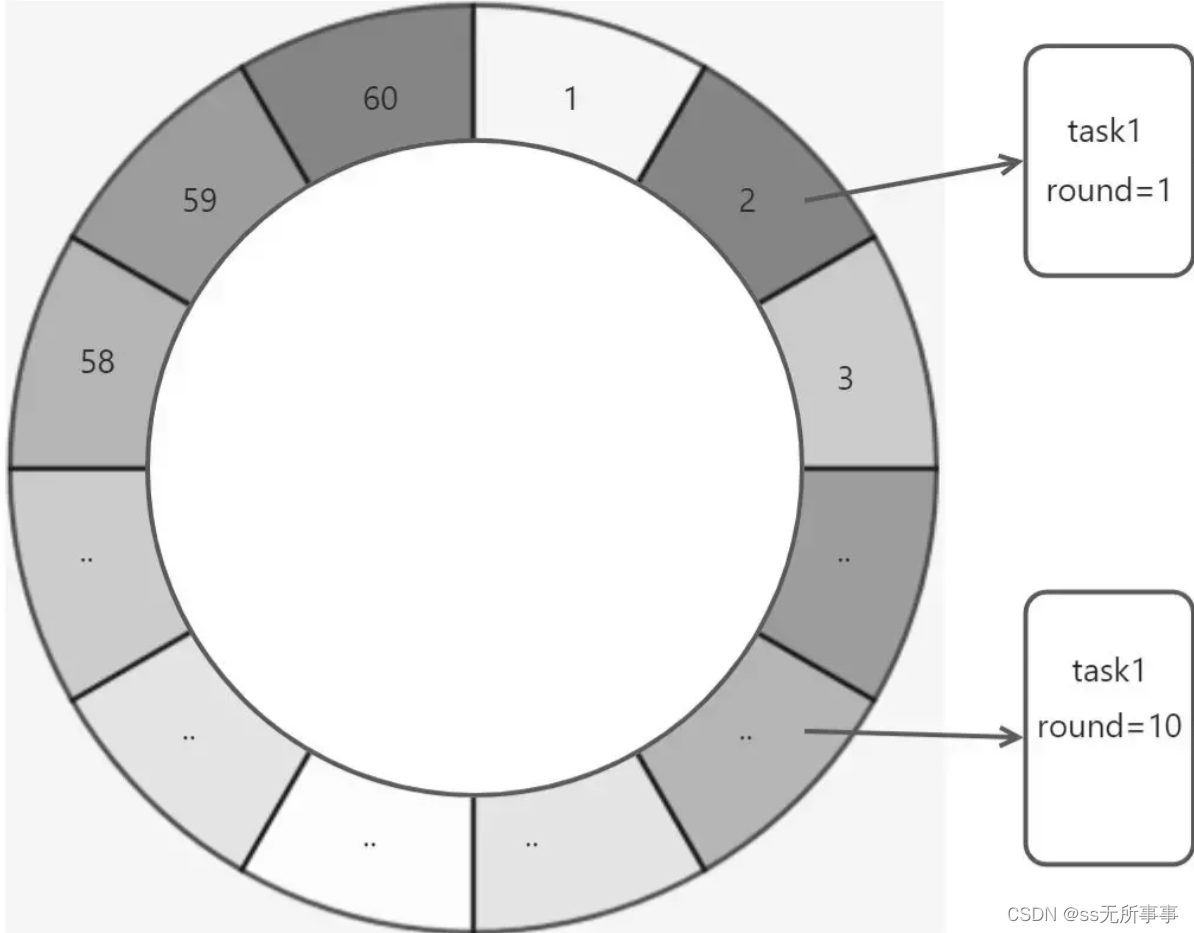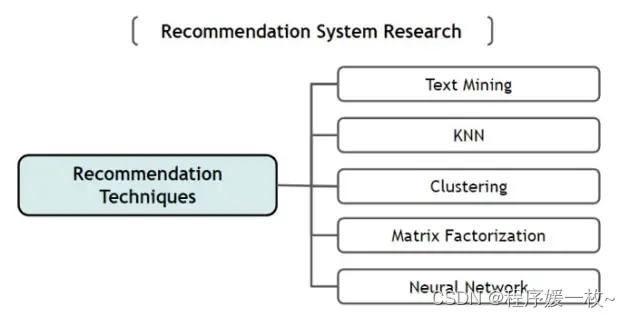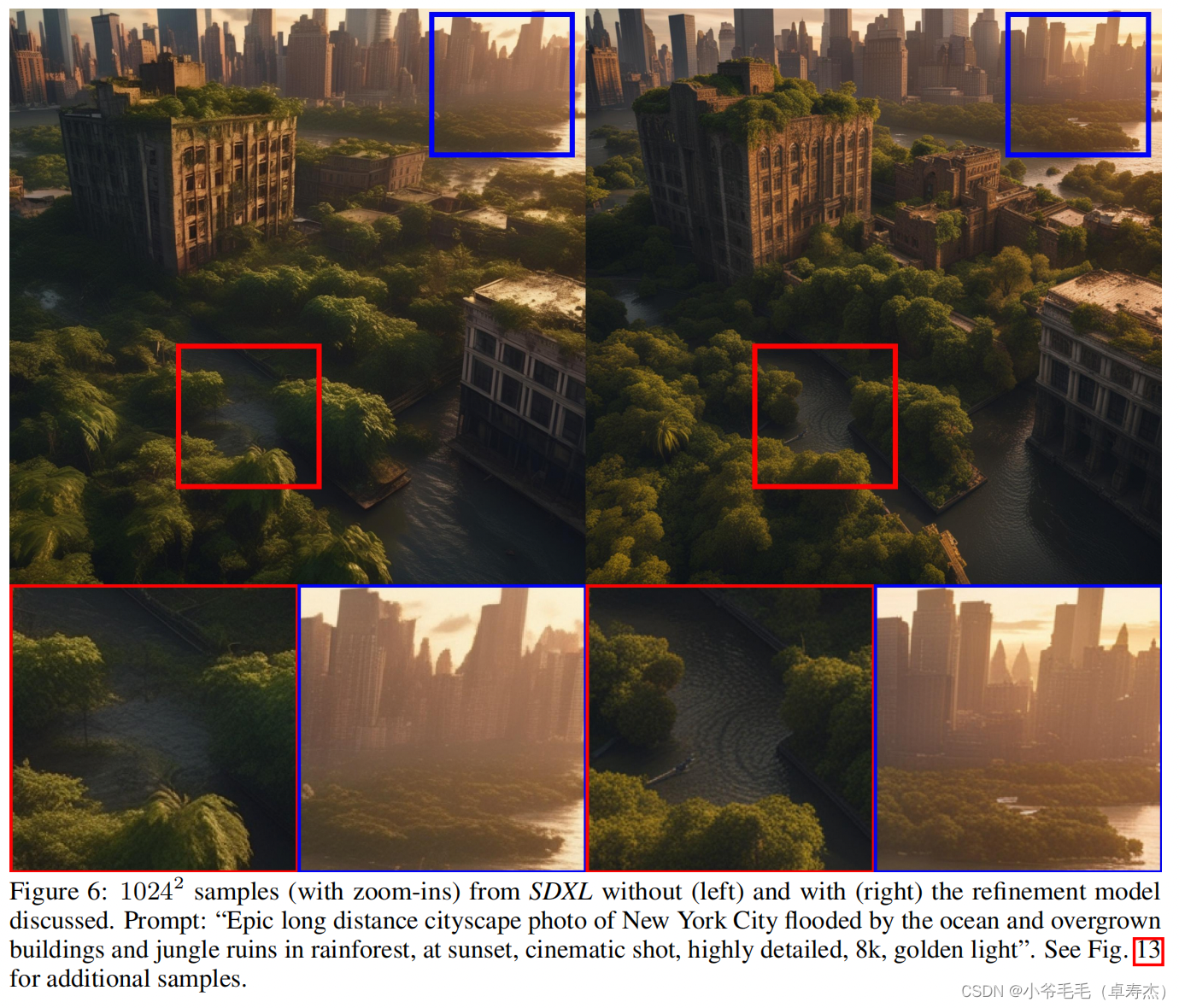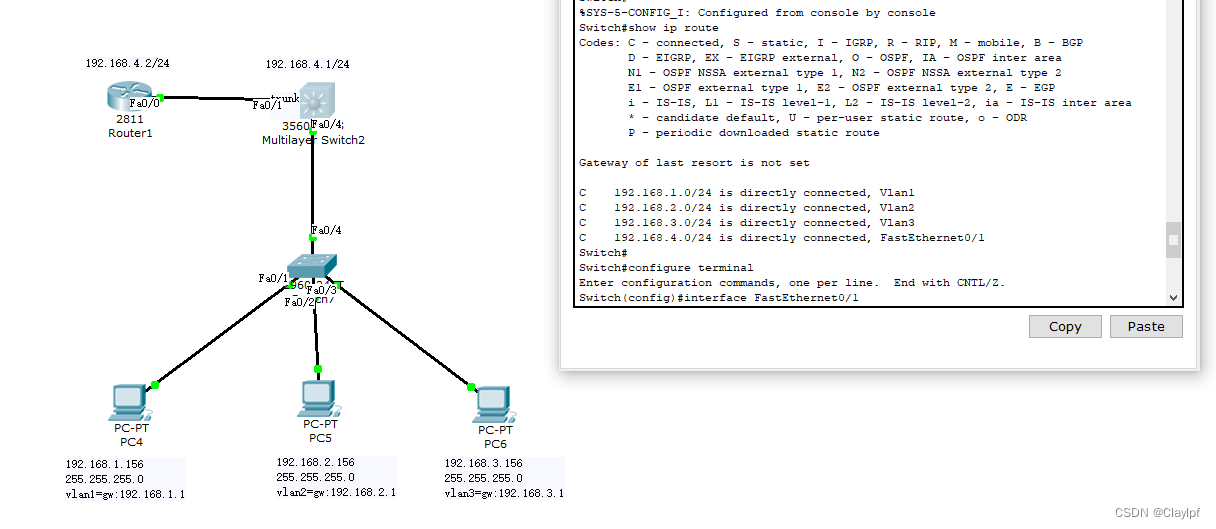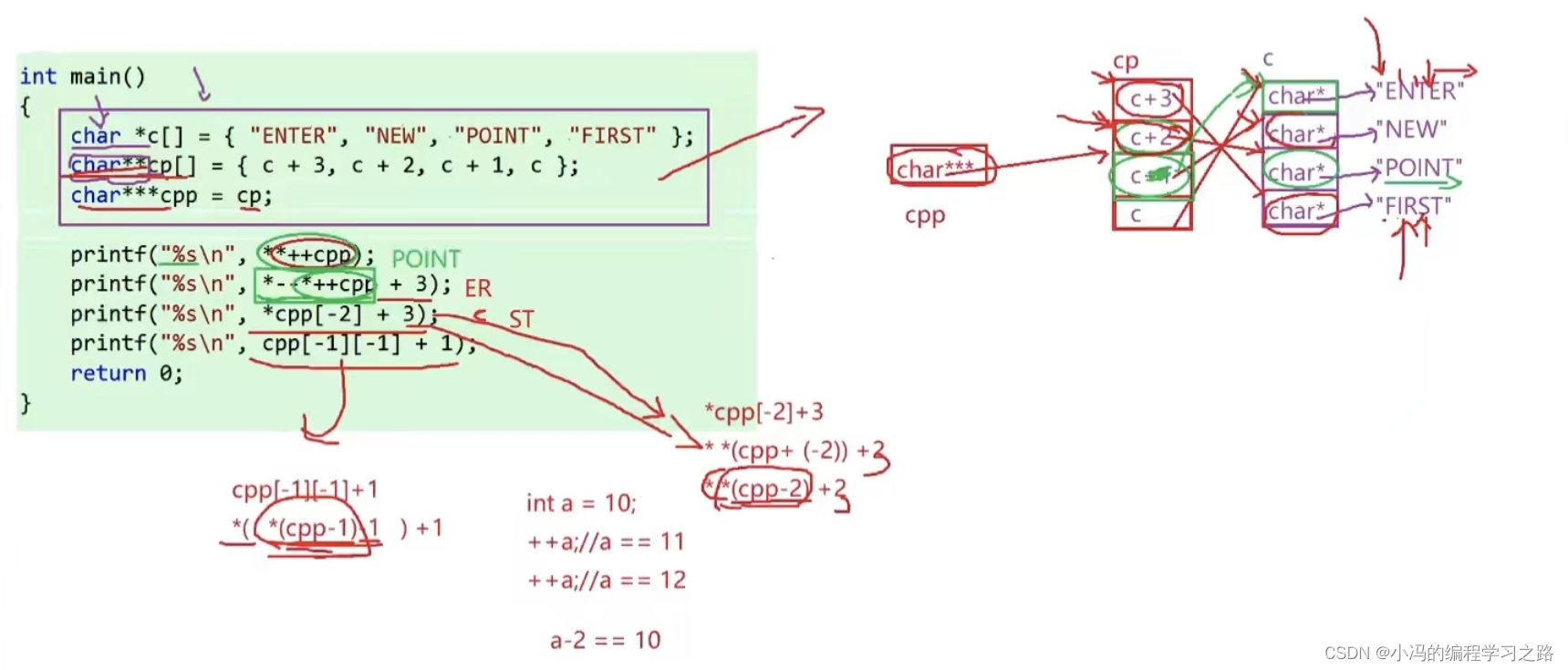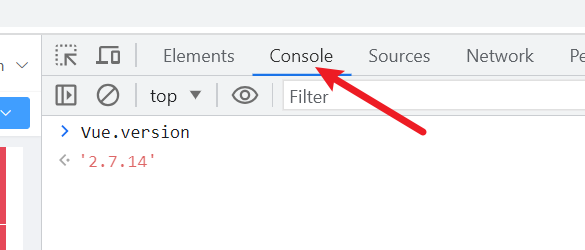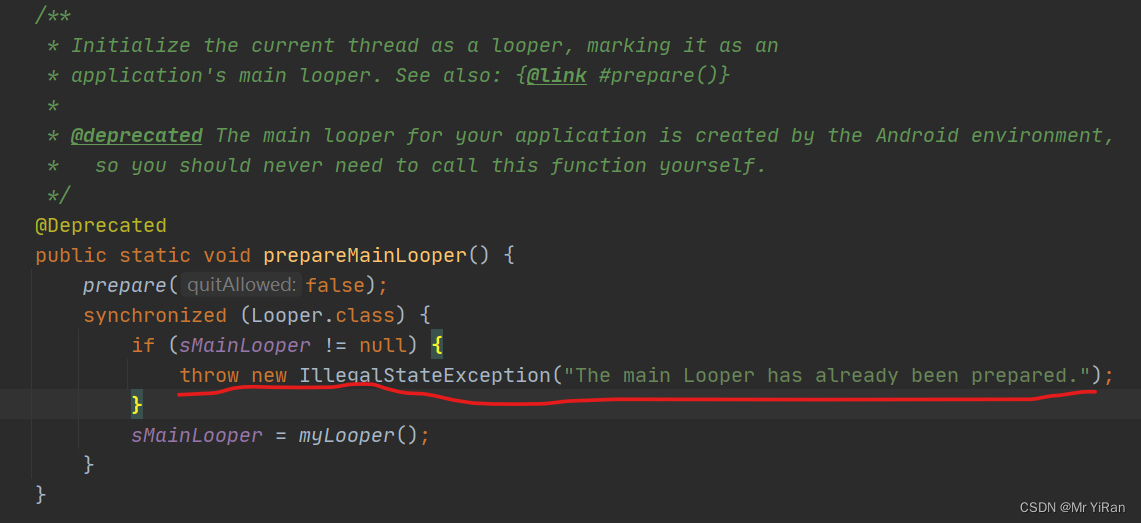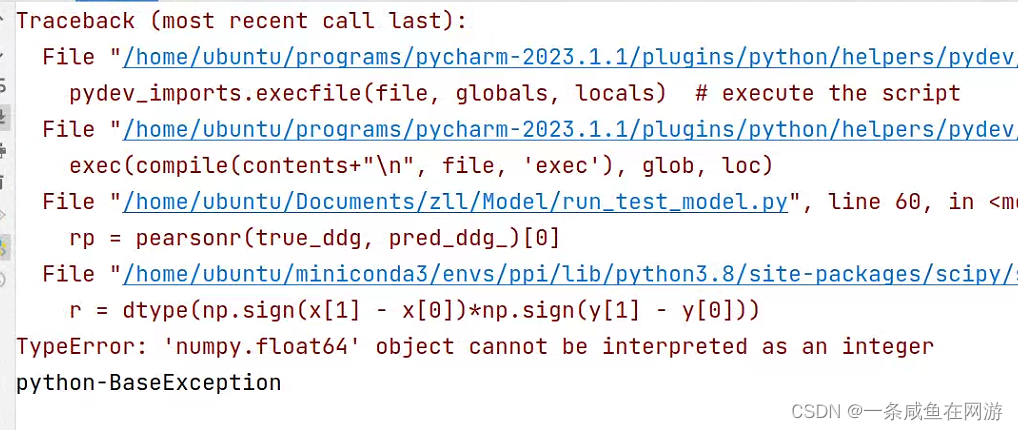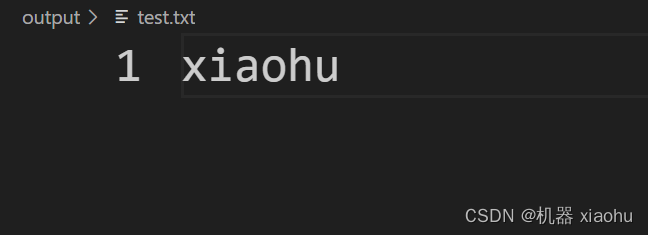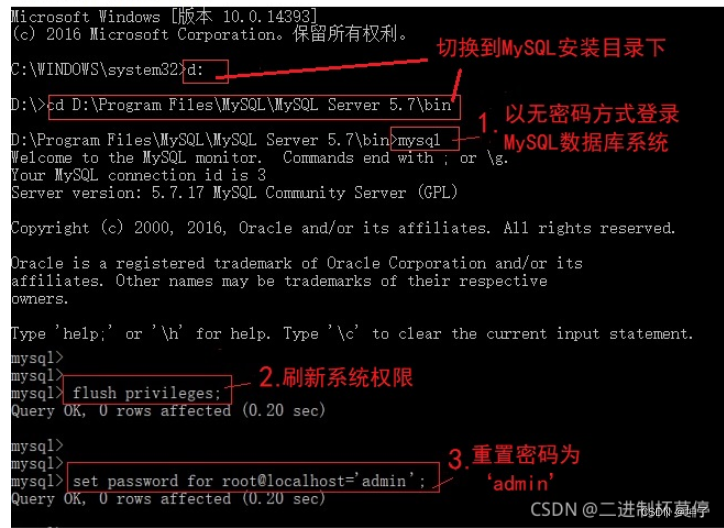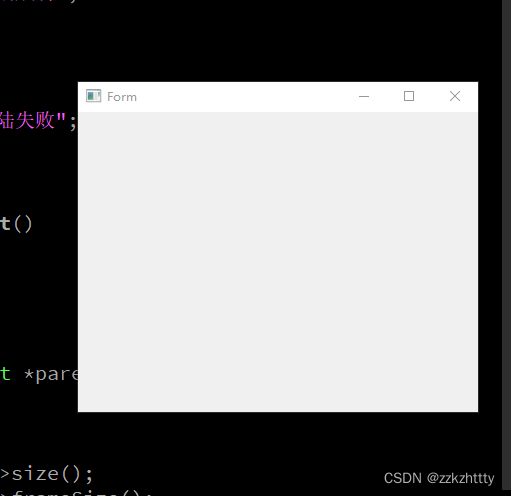0. 刚刚见了下老朋友,桌球撞起来的感觉很爽

- 可以看到 Thread 是内部是维护了局部变量的(thread-local-map)
1. 源码走读
很多的细节都在代码块中备注了
package java.lang;
// 现在回来起来,很多经验不太丰富的人之所以在接触、学习java.lang.thread的过程中,搞不清楚跟threadLocal的关系,是因为
// 很多不太聪明的教程、网课喜欢把这俩放一块比较、学习,这就很搞笑
// 已经了解threadLocal都知道,threadlocal想要做的事情,跟thread做的事情,根本不一回事
// threadlocal应该被理解成thread的一个thread-local-variables(当前线程的局部变量)
// 此外,走读源码 或 使用过threadLocal的人都知道,threadLocal设计上更像是一种数据结构,更加接近collection的概念
// thread -> thread-local-map -> Entry<ThreadLocal, value>[]
/**
* This class provides thread-local variables. These variables differ from
* their normal counterparts in that each thread that accesses one (via its
* {@code get} or {@code set} method) has its own, independently initialized
* copy of the variable. {@code ThreadLocal} instances are typically private
* static fields in classes that wish to associate state with a thread (e.g.,
* a user ID or Transaction ID).
*
* <p>For example, the class below generates unique identifiers local to each
* thread.
* A thread's id is assigned the first time it invokes {@code ThreadId.get()}
* and remains unchanged on subsequent calls.
* <pre>
* import java.util.concurrent.atomic.AtomicInteger;
*
* public class ThreadId {
* // Atomic integer containing the next thread ID to be assigned
* private static final AtomicInteger nextId = new AtomicInteger(0);
*
* // Thread local variable containing each thread's ID
* private static final ThreadLocal<Integer> threadId =
* new ThreadLocal<Integer>() {
* @Override protected Integer initialValue() {
* return nextId.getAndIncrement();
* }
* };
*
* // Returns the current thread's unique ID, assigning it if necessary
* public static int get() {
* return threadId.get();
* }
* }
* </pre>
* <p>Each thread holds an implicit reference to its copy of a thread-local
* variable as long as the thread is alive and the {@code ThreadLocal}
* instance is accessible; after a thread goes away, all of its copies of
* thread-local instances are subject to garbage collection (unless other
* references to these copies exist).
* 线程都会持有一个threadLocal副本的引用;
* 线程生命走到尽头后,其持有threadLocal将被gc回收(除非还被其他的对象所引用)
*
* @author Josh Bloch and Doug Lea
* @since 1.2
*/
public class ThreadLocal<T> {
// 只作用于 ThreadLocalMap
// 这个hashcode 是为了解决 "相同的线程连续的创建 threadlocal 实例" 导致的冲突
// 该hashcode 经原子的自增得到
/**
* ThreadLocals rely on per-thread linear-probe hash maps attached
* to each thread (Thread.threadLocals and
* inheritableThreadLocals). The ThreadLocal objects act as keys,
* searched via threadLocalHashCode. This is a custom hash code
* (useful only within ThreadLocalMaps) that eliminates collisions
* in the common case where consecutively constructed ThreadLocals
* are used by the same threads, while remaining well-behaved in
* less common cases.
*/
private final int threadLocalHashCode = nextHashCode();
/**
* The next hash code to be given out. Updated atomically. Starts at
* zero.
*/
private static AtomicInteger nextHashCode =
new AtomicInteger();
/**
* The difference between successively generated hash codes - turns
* implicit sequential thread-local IDs into near-optimally spread
* multiplicative hash values for power-of-two-sized tables.
*/
private static final int HASH_INCREMENT = 0x61c88647;
/**
* Returns the next hash code.
*/
private static int nextHashCode() {
return nextHashCode.getAndAdd(HASH_INCREMENT);
}
/**
* Returns the current thread's "initial value" for this
* thread-local variable. This method will be invoked the first
* time a thread accesses the variable with the {@link #get}
* method, unless the thread previously invoked the {@link #set}
* method, in which case the {@code initialValue} method will not
* be invoked for the thread. Normally, this method is invoked at
* most once per thread, but it may be invoked again in case of
* subsequent invocations of {@link #remove} followed by {@link #get}.
*
* <p>This implementation simply returns {@code null}; if the
* programmer desires thread-local variables to have an initial
* value other than {@code null}, {@code ThreadLocal} must be
* subclassed, and this method overridden. Typically, an
* anonymous inner class will be used.
*
* @return the initial value for this thread-local
*/
protected T initialValue() {
return null;
}
/**
* Creates a thread local variable. The initial value of the variable is
* determined by invoking the {@code get} method on the {@code Supplier}.
*
* @param <S> the type of the thread local's value
* @param supplier the supplier to be used to determine the initial value
* @return a new thread local variable
* @throws NullPointerException if the specified supplier is null
* @since 1.8
*/
public static <S> ThreadLocal<S> withInitial(Supplier<? extends S> supplier) {
return new SuppliedThreadLocal<>(supplier);
}
// 获取方法
/**
* Returns the value in the current thread's copy of this
* thread-local variable. If the variable has no value for the
* current thread, it is first initialized to the value returned
* by an invocation of the {@link #initialValue} method.
*
* @return the current thread's value of this thread-local
*/
public T get() {
Thread t = Thread.currentThread();
ThreadLocalMap map = getMap(t);
if (map != null) {
ThreadLocalMap.Entry e = map.getEntry(this);
if (e != null) {
@SuppressWarnings("unchecked")
T result = (T)e.value;
return result;
}
}
return setInitialValue();
}
/**
* Variant of set() to establish initialValue. Used instead
* of set() in case user has overridden the set() method.
*
* @return the initial value
*/
private T setInitialValue() {
T value = initialValue();
Thread t = Thread.currentThread();
ThreadLocalMap map = getMap(t);
if (map != null)
map.set(this, value);
else
createMap(t, value);
return value;
}
/**
* Sets the current thread's copy of this thread-local variable
* to the specified value. Most subclasses will have no need to
* override this method, relying solely on the {@link #initialValue}
* method to set the values of thread-locals.
*
* @param value the value to be stored in the current thread's copy of
* this thread-local.
*/
public void set(T value) {
Thread t = Thread.currentThread();
ThreadLocalMap map = getMap(t);
if (map != null)
map.set(this, value);
else
createMap(t, value);
}
/**
* Removes the current thread's value for this thread-local
* variable. If this thread-local variable is subsequently
* {@linkplain #get read} by the current thread, its value will be
* reinitialized by invoking its {@link #initialValue} method,
* unless its value is {@linkplain #set set} by the current thread
* in the interim. This may result in multiple invocations of the
* {@code initialValue} method in the current thread.
*
* @since 1.5
*/
public void remove() {
ThreadLocalMap m = getMap(Thread.currentThread());
if (m != null)
m.remove(this);
}
// thread 确实持有 threadLocalMap的引用
// ThreadLocal.ThreadLocalMap threadLocals
/**
* Get the map associated with a ThreadLocal. Overridden in
* InheritableThreadLocal.
*
* @param t the current thread
* @return the map
*/
ThreadLocalMap getMap(Thread t) {
return t.threadLocals;
}
// 直接新建 threadLocalMap
/**
* Create the map associated with a ThreadLocal. Overridden in
* InheritableThreadLocal.
*
* @param t the current thread
* @param firstValue value for the initial entry of the map
*/
void createMap(Thread t, T firstValue) {
t.threadLocals = new ThreadLocalMap(this, firstValue);
}
/**
* Factory method to create map of inherited thread locals.
* Designed to be called only from Thread constructor.
*
* @param parentMap the map associated with parent thread
* @return a map containing the parent's inheritable bindings
*/
static ThreadLocalMap createInheritedMap(ThreadLocalMap parentMap) {
return new ThreadLocalMap(parentMap);
}
/**
* Method childValue is visibly defined in subclass
* InheritableThreadLocal, but is internally defined here for the
* sake of providing createInheritedMap factory method without
* needing to subclass the map class in InheritableThreadLocal.
* This technique is preferable to the alternative of embedding
* instanceof tests in methods.
*/
T childValue(T parentValue) {
throw new UnsupportedOperationException();
}
// 泛型为 Supplier 的threadlocal
// 该类型允许延迟执行
/**
* An extension of ThreadLocal that obtains its initial value from
* the specified {@code Supplier}.
*/
static final class SuppliedThreadLocal<T> extends ThreadLocal<T> {
private final Supplier<? extends T> supplier;
SuppliedThreadLocal(Supplier<? extends T> supplier) {
this.supplier = Objects.requireNonNull(supplier);
}
@Override
protected T initialValue() {
return supplier.get();
}
}
/**
* ThreadLocalMap is a customized hash map suitable only for
* maintaining thread local values. No operations are exported
* outside of the ThreadLocal class. The class is package private to
* allow declaration of fields in class Thread. To help deal with
* very large and long-lived usages, the hash table entries use
* WeakReferences for keys. However, since reference queues are not
* used, stale entries are guaranteed to be removed only when
* the table starts running out of space.
*/
static class ThreadLocalMap {
// 元素类型,弱引用类型
// threadLocal:值
/**
* The entries in this hash map extend WeakReference, using
* its main ref field as the key (which is always a
* ThreadLocal object). Note that null keys (i.e. entry.get()
* == null) mean that the key is no longer referenced, so the
* entry can be expunged from table. Such entries are referred to
* as "stale entries" in the code that follows.
*/
static class Entry extends WeakReference<ThreadLocal<?>> {
/** The value associated with this ThreadLocal. */
Object value;
Entry(ThreadLocal<?> k, Object v) {
super(k);
value = v;
}
}
// 初始的 可容纳元素个数
/**
* The initial capacity -- MUST be a power of two.
*/
private static final int INITIAL_CAPACITY = 16;
// 底层的数据结构原来是 数组,扩容时长度翻倍
/**
* The table, resized as necessary.
* table.length MUST always be a power of two.
*/
private Entry[] table;
/**
* The number of entries in the table.
*/
private int size = 0;
/**
* The next size value at which to resize.
*/
private int threshold; // Default to 0
/**
* Set the resize threshold to maintain at worst a 2/3 load factor.
*/
private void setThreshold(int len) {
threshold = len * 2 / 3;
}
// 下(上)一个元素的索引,如果超过阈值,将返回0
/**
* Increment i modulo len.
*/
private static int nextIndex(int i, int len) {
return ((i + 1 < len) ? i + 1 : 0);
}
/**
* Decrement i modulo len.
*/
private static int prevIndex(int i, int len) {
return ((i - 1 >= 0) ? i - 1 : len - 1);
}
// 构造(同时存储第一对元素)
/**
* Construct a new map initially containing (firstKey, firstValue).
* ThreadLocalMaps are constructed lazily, so we only create
* one when we have at least one entry to put in it.
*/
ThreadLocalMap(ThreadLocal<?> firstKey, Object firstValue) {
table = new Entry[INITIAL_CAPACITY];
int i = firstKey.threadLocalHashCode & (INITIAL_CAPACITY - 1);
table[i] = new Entry(firstKey, firstValue);
size = 1;
setThreshold(INITIAL_CAPACITY);
}
// 构造(依据 父threadLocalMap创建)
/**
* Construct a new map including all Inheritable ThreadLocals
* from given parent map. Called only by createInheritedMap.
*
* @param parentMap the map associated with parent thread.
*/
private ThreadLocalMap(ThreadLocalMap parentMap) {
Entry[] parentTable = parentMap.table;
int len = parentTable.length;
setThreshold(len);
table = new Entry[len];
for (int j = 0; j < len; j++) {
Entry e = parentTable[j];
if (e != null) {
@SuppressWarnings("unchecked")
ThreadLocal<Object> key = (ThreadLocal<Object>) e.get();
if (key != null) {
Object value = key.childValue(e.value);
Entry c = new Entry(key, value);
int h = key.threadLocalHashCode & (len - 1);
while (table[h] != null)
h = nextIndex(h, len);
table[h] = c;
size++;
}
}
}
}
/**
* Get the entry associated with key. This method
* itself handles only the fast path: a direct hit of existing
* key. It otherwise relays to getEntryAfterMiss. This is
* designed to maximize performance for direct hits, in part
* by making this method readily inlinable.
*
* @param key the thread local object
* @return the entry associated with key, or null if no such
*/
private Entry getEntry(ThreadLocal<?> key) {
int i = key.threadLocalHashCode & (table.length - 1);
Entry e = table[i];
if (e != null && e.get() == key)
return e;
else
return getEntryAfterMiss(key, i, e);
}
/**
* Version of getEntry method for use when key is not found in
* its direct hash slot.
*
* @param key the thread local object
* @param i the table index for key's hash code
* @param e the entry at table[i]
* @return the entry associated with key, or null if no such
*/
private Entry getEntryAfterMiss(ThreadLocal<?> key, int i, Entry e) {
Entry[] tab = table;
int len = tab.length;
while (e != null) {
ThreadLocal<?> k = e.get();
if (k == key)
return e;
if (k == null)
expungeStaleEntry(i);
else
i = nextIndex(i, len);
e = tab[i];
}
return null;
}
/**
* Set the value associated with key.
*
* @param key the thread local object
* @param value the value to be set
*/
private void set(ThreadLocal<?> key, Object value) {
// We don't use a fast path as with get() because it is at
// least as common to use set() to create new entries as
// it is to replace existing ones, in which case, a fast
// path would fail more often than not.
Entry[] tab = table;
int len = tab.length;
int i = key.threadLocalHashCode & (len-1);
for (Entry e = tab[i];
e != null;
e = tab[i = nextIndex(i, len)]) {
ThreadLocal<?> k = e.get();
if (k == key) {
e.value = value;
return;
}
if (k == null) {
replaceStaleEntry(key, value, i);
return;
}
}
tab[i] = new Entry(key, value);
int sz = ++size;
if (!cleanSomeSlots(i, sz) && sz >= threshold)
rehash();
}
/**
* Remove the entry for key.
*/
private void remove(ThreadLocal<?> key) {
Entry[] tab = table;
int len = tab.length;
int i = key.threadLocalHashCode & (len-1);
for (Entry e = tab[i];
e != null;
e = tab[i = nextIndex(i, len)]) {
if (e.get() == key) {
e.clear();
expungeStaleEntry(i);
return;
}
}
}
/**
* Replace a stale entry encountered during a set operation
* with an entry for the specified key. The value passed in
* the value parameter is stored in the entry, whether or not
* an entry already exists for the specified key.
*
* As a side effect, this method expunges all stale entries in the
* "run" containing the stale entry. (A run is a sequence of entries
* between two null slots.)
*
* @param key the key
* @param value the value to be associated with key
* @param staleSlot index of the first stale entry encountered while
* searching for key.
*/
private void replaceStaleEntry(ThreadLocal<?> key, Object value,
int staleSlot) {
Entry[] tab = table;
int len = tab.length;
Entry e;
// Back up to check for prior stale entry in current run.
// We clean out whole runs at a time to avoid continual
// incremental rehashing due to garbage collector freeing
// up refs in bunches (i.e., whenever the collector runs).
int slotToExpunge = staleSlot;
for (int i = prevIndex(staleSlot, len);
(e = tab[i]) != null;
i = prevIndex(i, len))
if (e.get() == null)
slotToExpunge = i;
// Find either the key or trailing null slot of run, whichever
// occurs first
for (int i = nextIndex(staleSlot, len);
(e = tab[i]) != null;
i = nextIndex(i, len)) {
ThreadLocal<?> k = e.get();
// If we find key, then we need to swap it
// with the stale entry to maintain hash table order.
// The newly stale slot, or any other stale slot
// encountered above it, can then be sent to expungeStaleEntry
// to remove or rehash all of the other entries in run.
if (k == key) {
e.value = value;
tab[i] = tab[staleSlot];
tab[staleSlot] = e;
// Start expunge at preceding stale entry if it exists
if (slotToExpunge == staleSlot)
slotToExpunge = i;
cleanSomeSlots(expungeStaleEntry(slotToExpunge), len);
return;
}
// If we didn't find stale entry on backward scan, the
// first stale entry seen while scanning for key is the
// first still present in the run.
if (k == null && slotToExpunge == staleSlot)
slotToExpunge = i;
}
// If key not found, put new entry in stale slot
tab[staleSlot].value = null;
tab[staleSlot] = new Entry(key, value);
// If there are any other stale entries in run, expunge them
if (slotToExpunge != staleSlot)
cleanSomeSlots(expungeStaleEntry(slotToExpunge), len);
}
/**
* Expunge a stale entry by rehashing any possibly colliding entries
* lying between staleSlot and the next null slot. This also expunges
* any other stale entries encountered before the trailing null. See
* Knuth, Section 6.4
*
* @param staleSlot index of slot known to have null key
* @return the index of the next null slot after staleSlot
* (all between staleSlot and this slot will have been checked
* for expunging).
*/
private int expungeStaleEntry(int staleSlot) {
Entry[] tab = table;
int len = tab.length;
// expunge entry at staleSlot
tab[staleSlot].value = null;
tab[staleSlot] = null;
size--;
// Rehash until we encounter null
Entry e;
int i;
for (i = nextIndex(staleSlot, len);
(e = tab[i]) != null;
i = nextIndex(i, len)) {
ThreadLocal<?> k = e.get();
if (k == null) {
e.value = null;
tab[i] = null;
size--;
} else {
int h = k.threadLocalHashCode & (len - 1);
if (h != i) {
tab[i] = null;
// Unlike Knuth 6.4 Algorithm R, we must scan until
// null because multiple entries could have been stale.
while (tab[h] != null)
h = nextIndex(h, len);
tab[h] = e;
}
}
}
return i;
}
/**
* Heuristically scan some cells looking for stale entries.
* This is invoked when either a new element is added, or
* another stale one has been expunged. It performs a
* logarithmic number of scans, as a balance between no
* scanning (fast but retains garbage) and a number of scans
* proportional to number of elements, that would find all
* garbage but would cause some insertions to take O(n) time.
*
* @param i a position known NOT to hold a stale entry. The
* scan starts at the element after i.
*
* @param n scan control: {@code log2(n)} cells are scanned,
* unless a stale entry is found, in which case
* {@code log2(table.length)-1} additional cells are scanned.
* When called from insertions, this parameter is the number
* of elements, but when from replaceStaleEntry, it is the
* table length. (Note: all this could be changed to be either
* more or less aggressive by weighting n instead of just
* using straight log n. But this version is simple, fast, and
* seems to work well.)
*
* @return true if any stale entries have been removed.
*/
private boolean cleanSomeSlots(int i, int n) {
boolean removed = false;
Entry[] tab = table;
int len = tab.length;
do {
i = nextIndex(i, len);
Entry e = tab[i];
if (e != null && e.get() == null) {
n = len;
removed = true;
i = expungeStaleEntry(i);
}
} while ( (n >>>= 1) != 0);
return removed;
}
/**
* Re-pack and/or re-size the table. First scan the entire
* table removing stale entries. If this doesn't sufficiently
* shrink the size of the table, double the table size.
*/
private void rehash() {
expungeStaleEntries();
// Use lower threshold for doubling to avoid hysteresis
if (size >= threshold - threshold / 4)
resize();
}
/**
* Double the capacity of the table.
*/
private void resize() {
Entry[] oldTab = table;
int oldLen = oldTab.length;
int newLen = oldLen * 2;
Entry[] newTab = new Entry[newLen];
int count = 0;
for (int j = 0; j < oldLen; ++j) {
Entry e = oldTab[j];
if (e != null) {
ThreadLocal<?> k = e.get();
if (k == null) {
e.value = null; // Help the GC
} else {
int h = k.threadLocalHashCode & (newLen - 1);
while (newTab[h] != null)
h = nextIndex(h, newLen);
newTab[h] = e;
count++;
}
}
}
setThreshold(newLen);
size = count;
table = newTab;
}
/**
* Expunge all stale entries in the table.
*/
private void expungeStaleEntries() {
Entry[] tab = table;
int len = tab.length;
for (int j = 0; j < len; j++) {
Entry e = tab[j];
if (e != null && e.get() == null)
expungeStaleEntry(j);
}
}
}
}
